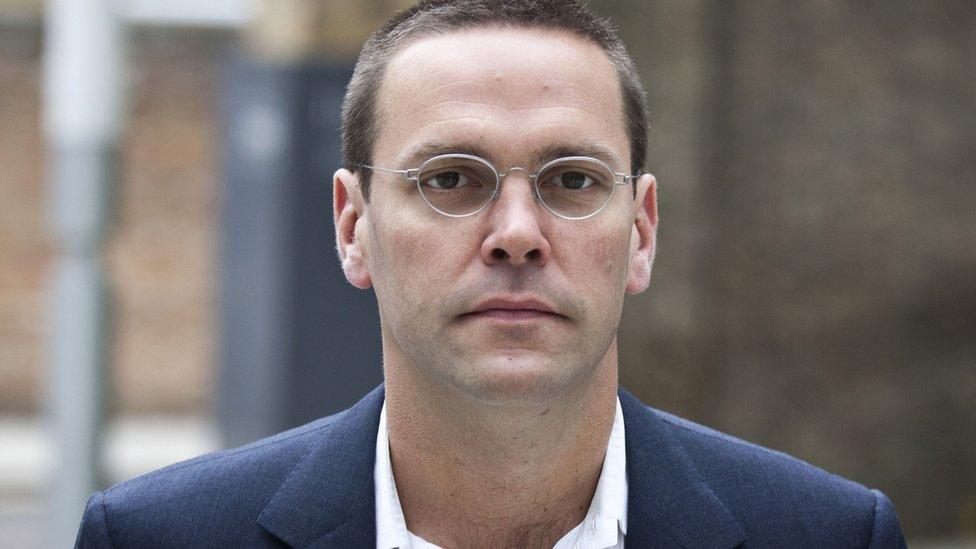James Murdoch takes over at Sky
- Published

James Murdoch is to become one of the most powerful figures in European television, becoming the chairman of Sky, Britain's subscription broadcaster.
The move comes four years after Mr Murdoch resigned as chairman of what was then known as BSkyB.
He quit after News Corp, his father Rupert's business, failed to push through a takeover of the broadcaster.
News Corp owned 39% of the BSkyB business.
James Murdoch also resigned as chairman of News International after claims that journalists working for the organisation had hacked into phones of celebrities.
One of News International's papers, the News of the World, was shut down after allegations that a private investigator working for the paper had hacked into the phone of Milly Dowler, the murdered schoolgirl.
Integrated broadcaster
Mr Murdoch is the chief executive of the movie maker Fox, which now owns the 39% of Sky formerly held by News Corp.
His promotion to chairman of Sky is likely to resurrect speculation that the US film company could attempt once again to buy the 61% of the broadcaster it does not already own.
That would complete Rupert Murdoch's plan to head an integrated European broadcaster.
After the failed bid by News Corp, my sources tell me that James Murdoch has always seen the aborted deal as "unfinished business".
In 2014, BSkyB merged with its two sister broadcasters, Sky Italia and Sky Deutschland, in a £7bn deal.
It was renamed Sky.
Last October, Mr Murdoch told the Hollywood Reporter that, once the three companies had been brought together, it might be time to consider the next move.
"That integration is going really well," he said.
"The company is moving at a very fast pace and has grown in value enormously. We've also been clear that over time, having 40% of an unconsolidated asset is not an end state that is natural for us."
Owning content
Digesting the news about James Murdoch's elevation to the chairmanship of Sky, there is one point worth making.
Value in the world of television and film is now seen to emanate from the ownership of content. And the greater your global reach, the more powerful you can become.
Fox, of which Mr Murdoch is chief executive, makes films, many of them hugely profitable.
Sky, under the direction of Jeremy Darroch, the chief executive, is investing far more in original programming.
He is keen to create a more diversified funding base that is not overly reliant on increasing subscriber numbers via the traditional battering rams of pricing and sport.
Customers, it is argued, are willing to pay handsomely for good, original content.
Mr Murdoch's new role means he will have greater oversight over how Fox (an American business) and Sky (European) can create value from the content they create.
And that's before we even start to consider how the relationship between Fox, Sky and News Corp (Rupert Murdoch's publishing business which owns Harper Collins, The Times, The Sun and The Wall Street Journal) will develop.